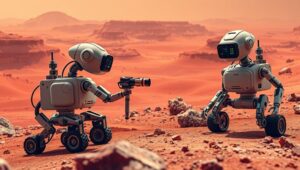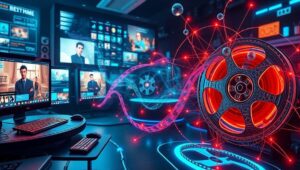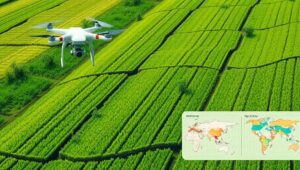May 24, 2025
AI in Space Exploration: Autonomous Missions to Mars (2030s)
AI in Space Exploration: Autonomous Missions to Mars (2030s) Artificial intelligence (AI) is poised to revolutionize space exploration, particularly in the ambitious endeavor of sending autonomous missions to Mars in the 2030s. This article explores the critical role of AI in enabling these missions, addressing challenges, and highlighting potential benefits. The Necessity of AI for Mars Missions Human-crewed missions to Mars are fraught with challenges, including long transit times, radiation exposure, and the need for extensive life support systems. Autonomous missions, powered by AI, offer a viable alternative by reducing risks and costs. Decision-Making: AI systems can make real-time decisions












